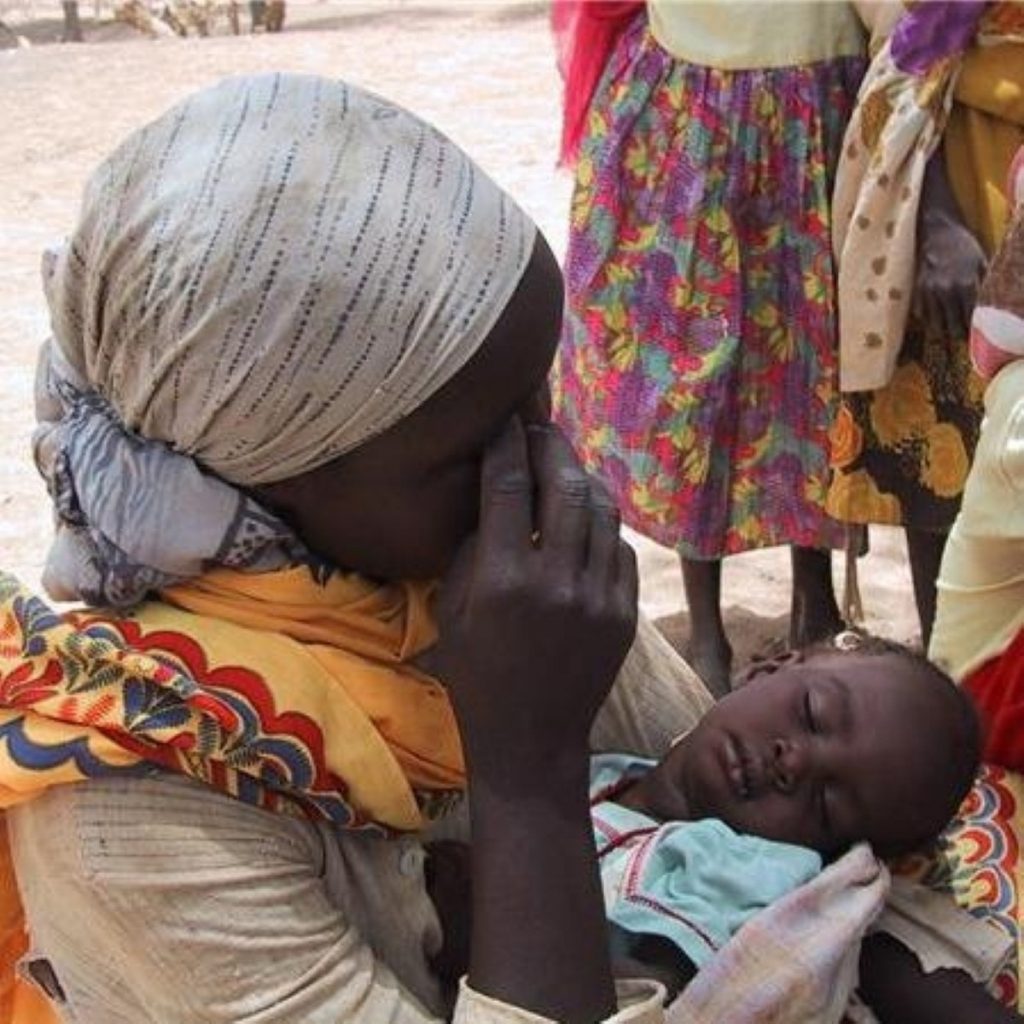Alexander pushes international solution to development
Britain has committed an extra £1 billion to fight diseases such as Aids, TB and malaria across the world.
International development secretary Douglas Alexander announced today the UK will donate £1 billion over the next eights years to the Global Fund.
Speaking to the Labour conference, Mr Alexander said: “We will be the first ever donor to the Global Fund to provide them with an eight year commitment which will give them predictability and certainty to pay the doctors and nurses needed to combat these killer diseases.”
In his address to delegates, Mr Alexander said the UK and its international partners had the knowledge and resources to meet development needs.
Developed nations have a “moral duty” to act in an “unequal, unsafe and unsustainable world”, he said, declaring it will be the challenge of this generation to end it.
The international development secretary said global institutions would need to be strengthened to meet development emergencies.
This week, Mr Alexander will lobby in New York for a single coordinated agency responsible for global water and sanitation needs, replacing the 26 UN agencies currently in operation.
In October he will attend the World Bank in Washington. He told conference today he would argue against measures that force the poorest countries to privatise basic services.
He also vowed to argue for the reform of the Common Agricultural policy in Europe, and further champion fair trade as well as free trade.
Globalisation has featured in ministers’ speeches throughout the conference. Today Mr Alexander took up the thematic baton and said the globalised world made international development more vital than ever.
He told delegates: “We cannot escape each other’s problems in today’s interdependent world.
“And we can no longer pretend that commerce can be globalised but justice need not.”
Mr Alexander said the distinction between foreign and domestic policy could no longer hold true when looking at the spread of disease, conflict and climate change.
He concluded: “These challenges, by their very nature, demand an international response.”





-01.png)